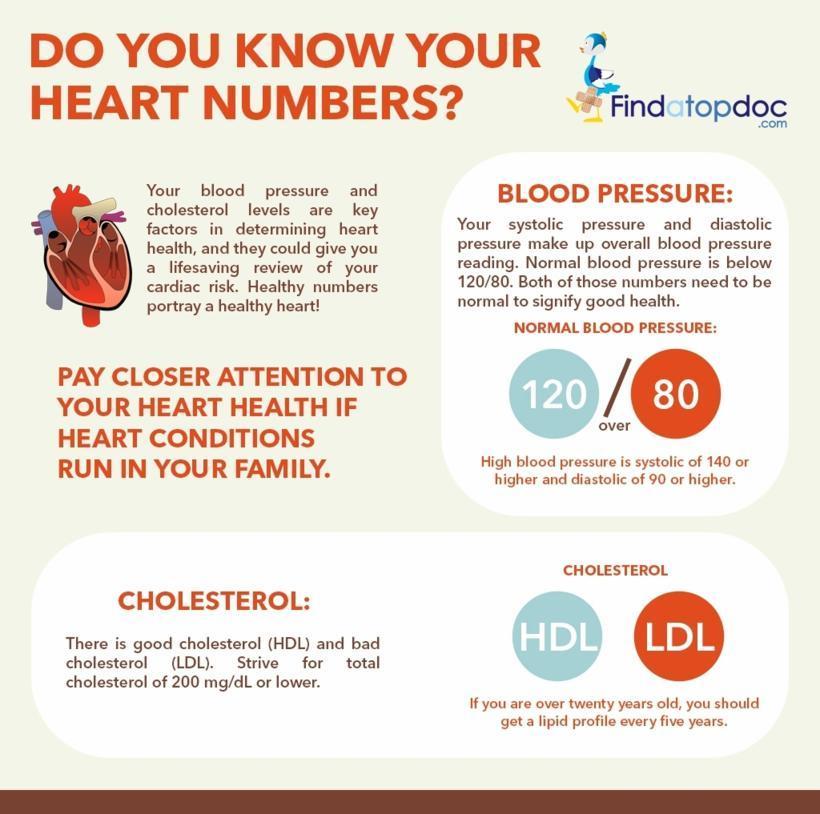
Know your Heart Numbers
Your blood pressure and cholesterol levels are key factors in determining heart health, and they could give you a lifesaving review of your cardiac risk. Individuals with prediabetes and type 2 diabetes are more likely to have high blood cholesterol, high blood pressure, and, of course, high blood sugar. They are also likely to be overweight. All of these factors increase the risk of developing cardiovascular disease and other serious health complications.If you have prediabetes or diabetes, it is crucial to carefully monitor blood cholesterol, blood pressure, blood sugar, and weight as a first step in controlling the disease and improving the quality of your health.
Maybe you are not experiencing any symptoms. Why is then monitoring these numbers still important? Keep in mind that there are no symptoms for people with prediabetes, and diabetes may be severe before there are any warningsigns. Likewise, people have no way of knowing they have high cholesterol or high blood pressure without being tested. So, next time you visit your health care provider, be sure to ask for your critical health numbers to be screened and develop a plan, which may include diet, exercise and medication, to manage them.
Here are the key heart numbers:
Blood Pressure
Blood pressure is typically measured by a device that uses the height of a column of mercury (Hg) to reflect the circulating systolic and diastolic pressures.Your systolic pressure and diastolic pressure make up overall blood pressure reading. Systolic pressure (top number) is the peak pressure in the arteries, and diastolic pressure (bottom number) is the lowest pressure.Normal blood pressure is below 120/80. Both of those numbers need to be normal to signify good health. High blood pressure is systolic of 140 or higher and diastolic of 90 or higher.
Cholesterol
Because cholesterol is unable to dissolve in the blood, it has to be transported to and from the cells by carriers called lipoproteins. Low-density lipoprotein (or LDL) cholesterol is known as "bad" cholesterol, whereas high-density lipoprotein (or HDL) cholesterol is known as "good" cholesterol. Get your cholesterol checked and talk to your doctor about your numbers and how they impact your overall risk.
Blood sugar
Blood sugar is also measured by the amount of glycosylated hemoglobin (HbA1c) in your blood. An HbA1c test gives you a picture of your average blood sugar control for the past 2 to 3 months and provides you with a better idea of how well your diabetes treatment plan is working.
Body weight
A person's ideal body weight varies by gender, age, height, and frame. Your body mass index (BMI) and waist circumference provide good indicators of whether you are at a healthy weight.A normal body mass index is between (BMI) 18.6 and 24.9.
High blood pressure, high cholesterol, and smoking are key risk factors for heart disease. About half of Americans (47%) have at least one of these three risk factors. Several other medical conditions and lifestyle choices can also put people at a higher risk for heart disease, so make sure to promote a healthy lifestyle and show your heart you love it!


